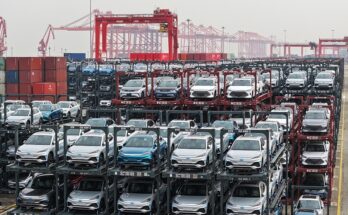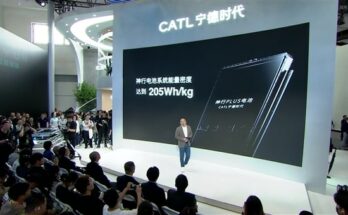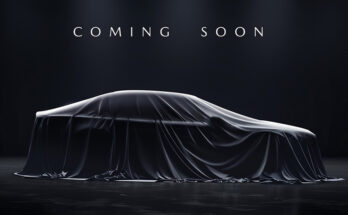The United States is eager to reduce China’s involvement in the supply chain for electric vehicles, but it seems that Chinese companies are one step ahead, having announced a number of agreements with Korean firms that will allow them to ship batteries to the United States and secure large tax breaks.
Since Korea and the US already have a free trade agreement, batteries made in South Korea and installed in EVs made in the US should be eligible for tax savings under the Inflation Reduction Act (IRA). The Biden administration probably anticipated that this would weaken China’s grip on the battery supply chain, but it has instead led to some of them forming partnerships with Korean firms to build battery plants in Korea. According to Bloomberg, Chinese companies and their Korean partners have actually announced investments totaling $4 billion for battery factories in Korea.
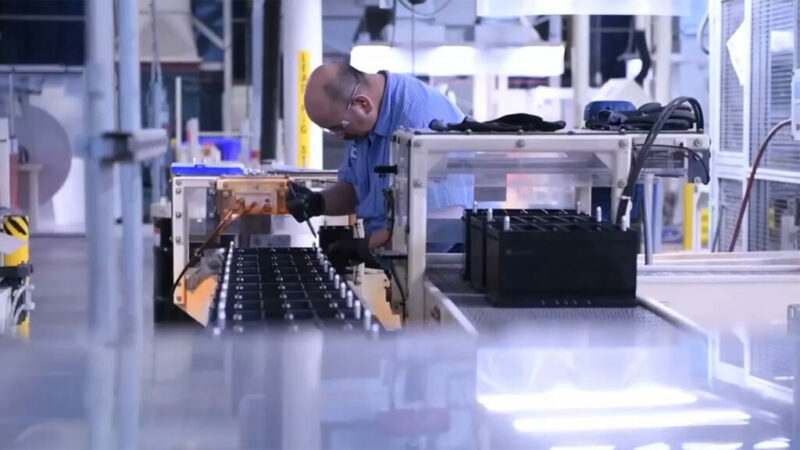
Ningbo Ronbay New Energy Technology Company is one of them. It recently revealed that it would build a new factory in Korea to make 80,000 tonnes of ternary precursors, admitting that it did so because it would qualify for U.S. tax benefits. The company said in a statement:
“The product produced by the company’s Korea base meet the relevant requirements for qualified key minerals in the IRA bill and can enjoy the benefit of tariff policies when exporting to European and US markets.”
Related: How Did China Come to Dominate the World of Electric Cars?
China which dominates the industries for battery cells, battery cathodes, battery electrolytes, and battery separators, currently provides cathodes, anodes, and precursors to Korean powerhouses LG Energy Solution, Samsung SDI, and SK On. According to Korea Battery Industry Association official Lee Myung-kyu:
“China and South Korea, we need each other. Korean cell makers feel it’s risky to import battery materials like cathodes and precursors from China due to the IRA. If those raw materials are all made in South Korea, that means Korea will have a more stable supply chain in the country.”
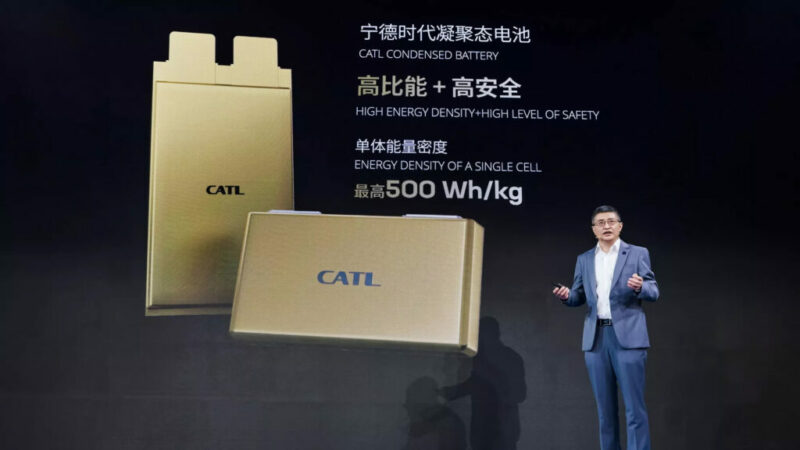
The U.S. is creating regulations to control how much content to permit from a “foreign entity of concern” like China and might revoke tax benefits at any time for these joint ventures between China and Korea. According to LG, if this were to occur, it would buy out its joint venture with Huayou Cobalt of China. James Oh, the vice president of battery research firm SNE Research told Bloomberg:
“The US can’t exclude Chinese firms from EV supply chains. If they ban Korea-China partnerships, the US will never be able to make EVs.”

A computer animation professional with over 23 years of industry experience having served in leading organizations, TV channels & production facilities in Pakistan. An avid car enthusiast and petrolhead with an affection to deliver quality content to help shape opinions. Formerly written for PakWheels as well as major publications including Dawn. Founder of CarSpiritPK.com

